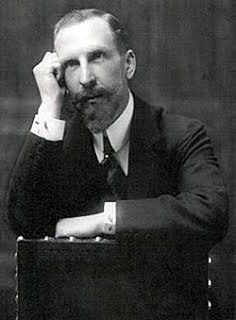A Quote by Lawrence M. Krauss
Discerning the merits of competing claims is where the empirical basis of science should play a role. I cannot stress often enough that what science is all about is not proving things to be true but proving them to be false. What fails the test of empirical reality, as determined by observation and experiment, gets thrown out like yesterday's newspaper.
Related Quotes
Science has only two things to contribute to religion: an analysis of the evolutionary, cultural, and psychological basis for believing things that aren't true, and a scientific disproof of some of faith's claims (e.g., Adam and Eve, the Great Flood). Religion has nothing to contribute to science, and science is best off staying as far away from faith as possible. The "constructive dialogue" between science and faith is, in reality, a destructive monologue, with science making all the good points, tearing down religion in the process.
The belief that politics can be scientific must inevitably produce tyrannies. Politics cannot be a science, because in politics theory and practice cannot be separated, and the sciences depend upon their separation. Empirical politics must be kept in bounds by democratic institutions, which leave it up to the subjects of the experiment to say whether it shall be tried, and to stop it if they dislike it, because, in politics, there is a distinction, unknown to science, between Truth and Justice.
It is generally believed that our science is empirical and that we draw our concepts and our mathematical constructs from the empirical data. If this were the whole truth, we should, when entering into a new field, introduce only such quantities as can directly be observed, and formulate natural laws only by means of these quantities.
Certain issues in philosophy of science (having to do with observation and the definition of a theory's empirical import) had beenmisconstrued as issues in philosophy of logic and of language. With respect to modality, I hold the exact opposite: important philosophical problems concerning language have been misconstrued as relating to the content of science and the nature of the world. This is not at all new, but is the traditional nominalist line.


































